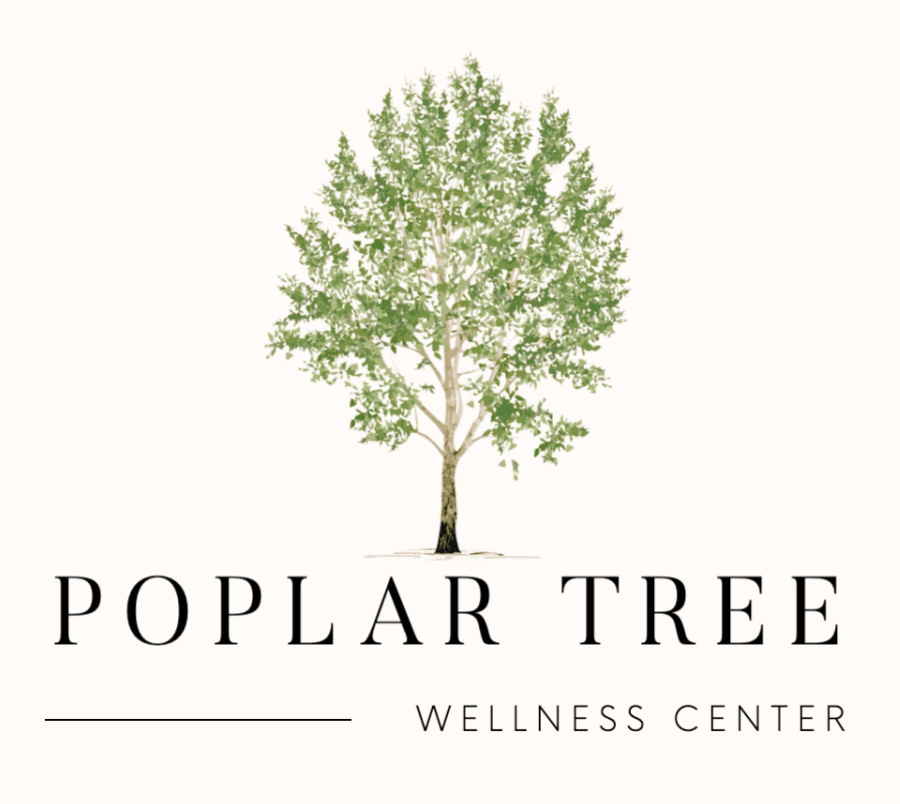The Importance of Sleep for Holistic Wellness
Imagine a nightly reset button that repairs your body, sharpens your mind, and stabilizes your emotions. This isn’t science fiction – it’s the power of quality rest. Our bodies prioritize this natural process so intensely that we evolved to temporarily "shut down" physically during dream phases, even though it leaves us vulnerable.

Modern research reveals that nightly restoration does far more than recharge energy. It actively strengthens immunity, processes memories, and regulates hormones. Mental health experts now compare its value to nutritious eating and regular exercise in maintaining complete well-being.
This guide breaks down why giving rest the attention it deserves could transform your health journey. You’ll discover:
- How different sleep stages repair specific body systems
- Science-backed methods to improve rest quality
- Connections between nightly patterns and daytime performance
Key Takeaways
- Nightly restoration forms the foundation for physical and mental resilience
- Our biology prioritizes rest despite its evolutionary risks
- Modern science recognizes restorative sleep as active healing time
- Rest quality impacts health as significantly as diet and movement
- Practical strategies can optimize this natural recovery process
- Every body system benefits from consistent, quality downtime
Understanding Sleep and Its Role in Holistic Wellness
Your nightly downtime does more than just chase away tiredness. It activates biological maintenance crews that rebuild cells and sharpen mental tools. During these quiet hours, your body repairs muscles and your brain organizes memories like a librarian sorting books.
Rebuilding Defenses While You Rest
Research shows people getting under 5 hours nightly catch colds 4.5 times more easily than those sleeping 7+ hours. While you’re resting, white blood cells become more active. They hunt germs and create antibodies faster. This explains why vaccine responses drop sharply when rest is cut short.
Your energy systems refuel too. Damaged tissues get repaired using proteins made during deep rest phases. Even minor cuts heal faster when you clock enough pillow time.
Sharpening Minds and Steadying Moods
Ever notice how problems seem clearer after a good night? That’s your brain sorting through the day’s information overload. Key memories get stored permanently, while unimportant details fade. This nightly filing helps you learn skills faster and recall facts better.
Emotional balance gets a tune-up too. Proper rest keeps stress hormones in check, making daily challenges feel manageable. People with consistent sleep patterns often report steadier moods and better focus throughout their day.
Sleep for Holistic Wellness: Science, Benefits, and Evidence
Our nightly rhythms do more than just recharge energy—they activate biological processes crucial for health. Each 90-minute cycle combines quiet non-REM phases (75% of rest) with active rapid eye movement stages. These patterns work like a synchronized team, repairing tissues while organizing memories.
Sleep Stages and the Glymphatic System
During deep non-REM phases, the brain’s glymphatic system kicks into high gear. This waste-removal network flushes toxins linked to neurological decline. Studies show it clears beta-amyloid proteins—key players in Alzheimer’s development—twice as fast during quality downtime.
Hormonal Influence on Rest Quality
Three chemical messengers control our rest-wake patterns:
| Hormone | Function | Peak Activity |
|---|---|---|
| Melatonin | Triggers drowsiness | Nighttime darkness |
| Cortisol | Promotes alertness | Early morning |
| Adenosine | Builds sleep pressure | Throughout wakefulness |
When these chemicals stay balanced, we enjoy deeper recovery. Disruptions—like late-night screen use—can delay melatonin release by up to 90 minutes.
Evidence-Based Research and Health Statistics
CDC reports show a troubling trend: adults getting ≤6 hours nightly doubled from 1985-2012. This deficit impacts metabolism, immunity, and heart health. Research confirms those prioritizing consistent rest have:
- 30% faster muscle recovery
- 42% lower diabetes risk
- Stronger vaccine responses
Exploring the Impact of Sleep Deprivation on Overall Health
Did you know missing just one night's rest increases brain toxins linked to memory loss? Chronic sleep deprivation acts like slow-acting poison, damaging both body and mind over time. Nearly 1 in 3 American adults regularly skimps on rest, creating a hidden health crisis.
Risks Linked to Chronic Insufficient Sleep
Consistently getting under 6 hours nightly doubles heart disease risk and spikes diabetes likelihood by 40%. These conditions develop silently—like rust on a car—as deprivation disrupts blood sugar control and artery health. Even cancer risks rise when immune defenses weaken from poor rest.
Mental health suffers equally. Anxiety levels jump 30% in sleep-deprived individuals, while decision-making skills drop to levels matching intoxication. Caregivers and shift workers face particular challenges, often trading rest for responsibilities in our 24/7 culture.
What makes this dangerous? Many view exhaustion as a badge of honor. But nightly shortages create biological debt that compounds over time. Each hour lost weakens focus today while raising long-term health risks tomorrow.
Breaking this cycle starts with recognizing rest as essential—not optional. Small improvements in nightly routines can lower stress hormones and sharpen mental clarity. Your body repairs best when given consistent, quality downtime.
Integrative Sleep Solutions and Innovative Treatments at Poplar Tree Wellness Center
Finding lasting solutions for nighttime struggles requires more than standard advice. Poplar Tree Wellness Center combines time-tested methods with breakthrough technologies, tailoring care to each person’s unique needs. Their team of doctors, counselors, and specialists work together like a well-trained orchestra—each expert fine-tuning different aspects of health.
Traditional Approaches and Modern Therapies
Strong foundations come first. The center emphasizes consistent routines and environment tweaks—cool rooms, limited screens before bed, and caffeine curfews. “These adjustments help your body’s internal clock stay in rhythm,” explains a lead practitioner. For deeper issues, cognitive behavioral therapy (CBT-I) reshapes unhelpful thoughts about rest while teaching relaxation techniques.
Natural supplements like ashwagandha and valerian root complement these strategies. Research shows they can ease tension without next-day grogginess when used properly. The clinic’s staff carefully matches herbal options to individual stress levels and health histories.
FDA Approved Interventions and Non-Drug Treatments
When underlying mood issues disrupt rest, Poplar Tree offers advanced solutions unavailable elsewhere in Sussex County. Their Spravato (esketamine) treatments help reset brain chemistry in stubborn depression cases—often improving nighttime calm within weeks. NeuroStar TMS uses magnetic pulses to activate underactive neural pathways linked to both mood and sleep regulation.
These cutting-edge options work alongside traditional care rather than replacing it. As one patient shared: “Finally, a place that addresses why I can’t unwind—not just the insomnia symptoms.”
Ready to explore personalized solutions? The center’s team welcomes consultations at (201)-727-3241. Their approach proves that quality downtime isn’t a luxury—it’s achievable science.
Conclusion
Think of nighttime as your body’s maintenance workshop. While you’re still, biological crews rebuild cells and sharpen mental tools. This nightly tune-up impacts every aspect of health, from fighting infections to managing daily pressures.
Prioritizing rest isn’t laziness—it’s smart self-care. Those who clock quality downtime often report better focus at work and calmer responses to stress. Even small changes, like consistent bedtimes or darker rooms, can boost your wellness journey.
Struggling with rest? You’re not alone. Modern life makes quality downtime challenging, but solutions exist. Start with simple adjustments, then consider expert guidance if needed. Centers like Poplar Tree specialize in science-backed methods that address root causes.
Tonight could begin your transformation. Your body’s natural repair systems stand ready—give them the time they need. When you value restful hours, you invest in lasting health benefits that ripple through every part of life.
FAQ About Sleep for Holistic Health
How does rest impact the immune system?
During deep rest, your body repairs tissues and produces proteins that fight infections. Consistent, quality downtime strengthens your immune response, lowering the risk of illnesses like colds or chronic conditions such as diabetes.
Can poor rest affect mental clarity?
Yes! Without enough downtime, the brain struggles to process memories and regulate emotions. This can lead to foggy thinking, mood swings, and trouble focusing during the day.
What’s the glymphatic system’s role in nightly recovery?
This “cleanup crew” in your brain activates during deep cycles, flushing toxins linked to Alzheimer’s. Think of it as a nightly detox that keeps your mind sharp and resilient.
Why do hormones matter for rest quality?
Hormones like melatonin and cortisol regulate your sleep-wake cycle. Imbalances—often caused by stress or irregular schedules—can disrupt restorative rest, impacting metabolism and heart health.
What risks come with chronic rest deprivation?
Long-term shortages increase risks for obesity, hypertension, and diabetes. It also weakens immunity and may accelerate cognitive decline, making everyday tasks harder over time.
What treatments does Poplar Tree Wellness Center offer?
They blend traditional methods (like sleep hygiene coaching) with modern solutions, including FDA-approved devices and non-drug therapies. Their approach targets root causes, from stress to hormonal imbalances.
How does rapid eye movement (REM) support emotional health?
REM cycles help process emotions and solidify memories. Skipping these stages can leave you feeling irritable or anxious, highlighting the link between quality rest and mental resilience.




